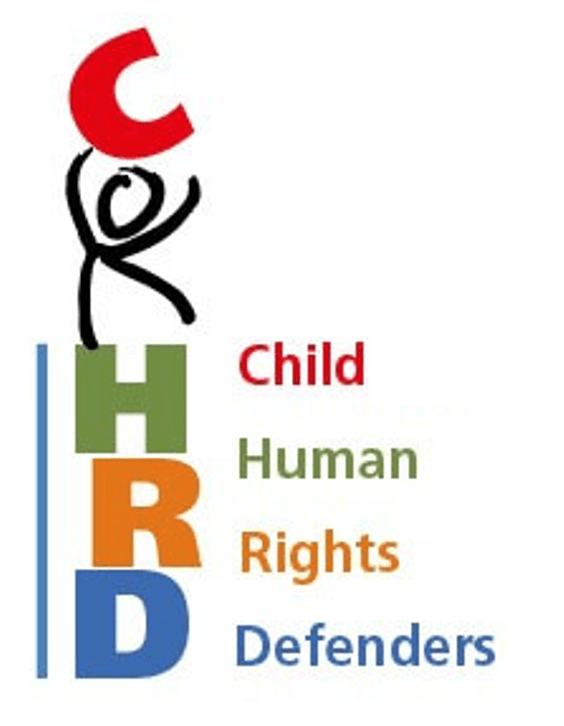Child-friendly Justice
Monitoring, Redress, Remedies
There is a wide range of national and international actors that monitor the situation of HRDs, promote or implement preventative measures, and support HRDs to seek remedies or redress for breaches of their rights.1 Access to remedies and redress not only is important to render justice to the victims, but also because it can lead to jurisprudence that can help improve the implementation of the rights of CHRDs. This is particularly important as there is a lack of jurisprudence on the civil and political rights and on CHRDs. However, to date, few national or international actors, including those who work specifically with children or with CHRDs have paid attention to the distinct needs and challenges of CHRDs in terms of access to support, redress and remedies.
- First CHRDs may not be aware of the existence of institutions and organizations that can provide support and assistance and that places an onus on those entities to ensure that the services they provide are publicized widely in ways that will reach all children.
- Secondly, children must be able to access the support, remedies and redress provided. That will require such institutions and organizations to communicate in child-friendly language and, where necessary, provide financial assistance and independent representation. An additional challenge in many contexts is that children often do not have the legal standing to initiate or take action independently or in their own name.
- Finally, given that children are still developing and that there are immediate obligations regarding their protection from harm, there is an additional need to provide remedies that are prompt and that promote transformative reparations and guarantees of non-repetition.
All of these issues need to be considered and addressed by national and international institutions and organizations so that they provide a safe, accessible and enabling environment for CHRDs.
